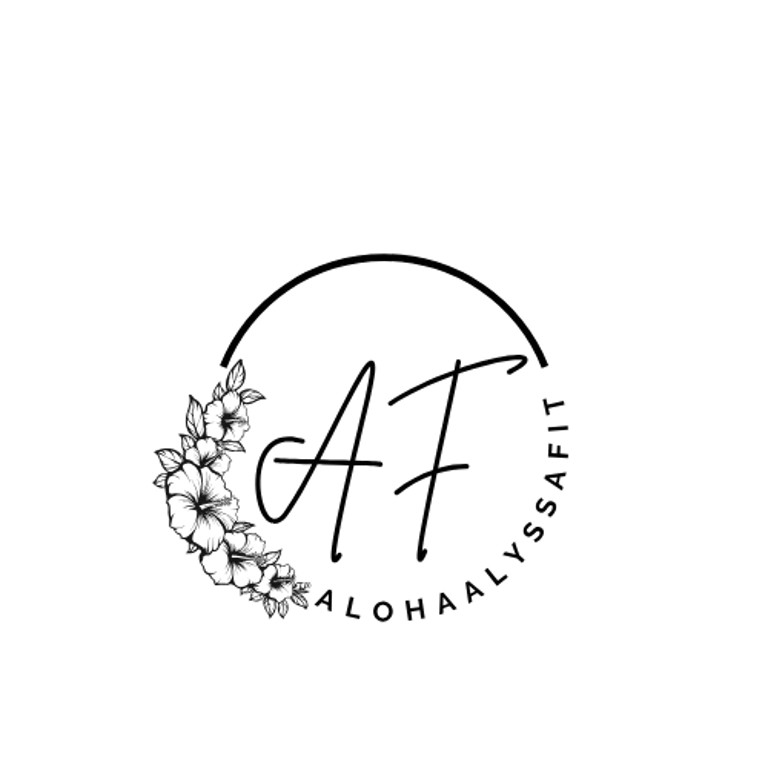The Importance of Recovery in Your Fitness Routine
Discover the importance of incorporating recovery into your fitness routine. Learn about the benefits of rest days, proper sleep, and active recovery methods to optimize your performance and prevent injuries.
9/8/20233 min read


The Essential Guide to Women’s Wellness: Unlocking the Power of Recovery in 2023
In the hustle and bustle of our modern lives, it’s easy for women to neglect one crucial aspect of their well-being: recovery. Recovery is the secret sauce that can elevate your health, fitness, and overall quality of life. In this article, we’ll delve into why recovery is paramount in 2023, with a special focus on sleep, mobility, nutrition, and other essential techniques tailored to women.
The Importance of Sleep
In 2024, sleep is gaining recognition as the ultimate recovery tool. It’s not just about the quantity but also the quality of sleep. Adequate, restorative sleep helps balance hormones, improve mood, and even enhance cognitive function.
For women, sleep is especially critical due to its role in regulating the menstrual cycle and supporting hormonal balance. Aim for 7-9 hours of uninterrupted sleep per night, create a calming bedtime routine, and invest in a comfortable mattress and pillows to maximize your sleep’s rejuvenating power.
Prioritizing Mobility
Mobility is often an overlooked aspect of recovery, but it’s essential, especially in our sedentary world. Regular mobility exercises can help prevent injuries, reduce muscle soreness, and improve flexibility.
For women, mobility can also aid in maintaining joint health, which is crucial as they age. Incorporate activities like yoga, Pilates, or even simple daily stretches into your routine to enhance your mobility and keep your body feeling agile.
The Role of Protein and Fiber
Protein is the building block of muscle tissue, making it a vital component of post-workout recovery. Women, just like men, benefit from consuming an adequate amount of protein to support muscle repair and growth.
In 2024, there’s a growing emphasis on plant-based protein sources that are not only nutritious but also eco-friendly. Incorporate options like beans, lentils, edamame, sweet potato, almonds and quinoa into your diet, which serve as great sources of protein AND FIBER.
Additional Recovery Techniques
While sleep, mobility, and nutrition are crucial, there are other recovery techniques that women can incorporate into their lives:
1. Meditation and Stress Management: Reducing stress is paramount for women’s mental and metabolic health. Mindfulness meditation, deep breathing exercises, and relaxation techniques can help alleviate stress and promote recovery. Proper stress management allows our bodies to utilize cortisol (our stress hormone) in a beneficial fashion which results in improved metabolism, improved immune function and improved focus and alertness
2. Hydration: Proper hydration supports various bodily functions, including muscle recovery. Aim to drink plenty of water throughout the day, especially after workouts. Consider an electrolyte supplement for hot days and strenuous exercise.
3. Recovery Tools: Consider using tools like foam rollers, massage balls, and compression garments to aid in muscle recovery and reduce soreness.
4. Mindful Nutrition: Pay attention to your nutritional intake. Ensure you’re getting a balance of macronutrients and micronutrients to support overall health and recovery. Limit ultra-processed foods and commercially deep fried foods.
The importance of recovery for women’s wellness cannot be overstated. Prioritizing sleep, mobility, protein and fiber intake, and incorporating other recovery techniques can lead to improved physical and mental health. Remember, self-care is not selfish; it’s an investment in your well-being that will empower you to thrive in all aspects of your life. So, take a moment to pause, breathe, and make recovery a non-negotiable part of your daily routine. Your future self will thank you for it.
Disclaimer: The information provided on this blog is intended for general guidance and educational purposes only. It is not a substitute for professional medical advice, diagnosis, or treatment. Always seek the advice of your physician or other qualified health provider with any questions you may have regarding a medical condition or your individual health and fitness needs. We do not endorse or promote any specific products or services mentioned on this blog. Reliance on any information provided herein is solely at your own risk.
